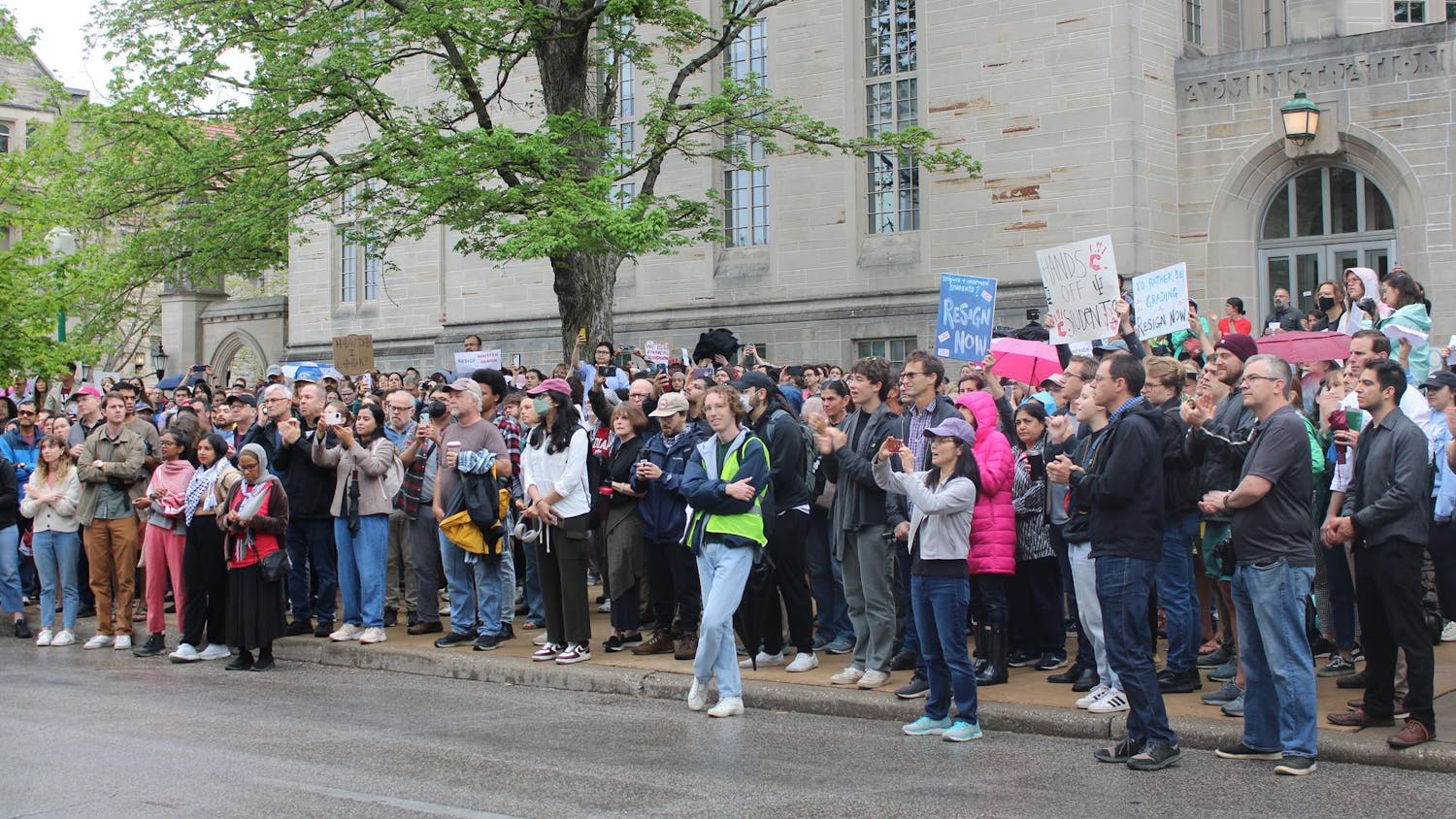The ancestral link between modern humans and Neanderthals remains unknown, according to a recent IU study.
Researchers found evolution of the two species diverged almost 1 million years ago — much earlier than similar studies
predicted.
The researchers analyzed the fossilized teeth of modern humans and Neanderthals, testing almost 1,200 teeth from 13 different species of hominins — humans and human ancestors and relatives.
They concluded Homo Heidelbergensis and the Sima de los Huesos hominin group — potential candidates for the link between modern humans and Neanderthals — came into existence after the two species split, discrediting them as options.
“There have been a number of different hypotheses among paleoanthropologists and scientists,” said David Polly, professor of geological sciences and co-author of the study.
“Some people working on the human genome suggest that we split only 500,000 years ago.”
The article, titled “No known hominin species matches the expected dental morphology of the last common ancestor of Neanderthals and modern humans,” was co-authored by a team of scientists from IU, George Washington University, Konrad Lorenz Institute for Evolution and Cognition Research in Austria, and an Atapuerca Research Team in Spain.
Polly said they found all potential common ancestors fell along the Neanderthal lineage.
He was able to prove the Neanderthal lineage goes back at least 1 million years, he said.
Polly said the identification of a common ancestor between the two species has been a hotly debated issue in the paleoanthropology community for years.
Polly said in a press release the study emphasizes there are still new hominin finds waiting to be made.
The researchers wrote in their article that their primary aim is “to put questions about human evolution into a testable, quantitative framework and to offer an objective means to sort out apparently unsolvable debates.”
— Matt Bloom
Human ancestral link still unkown
Get stories like this in your inbox
Subscribe



